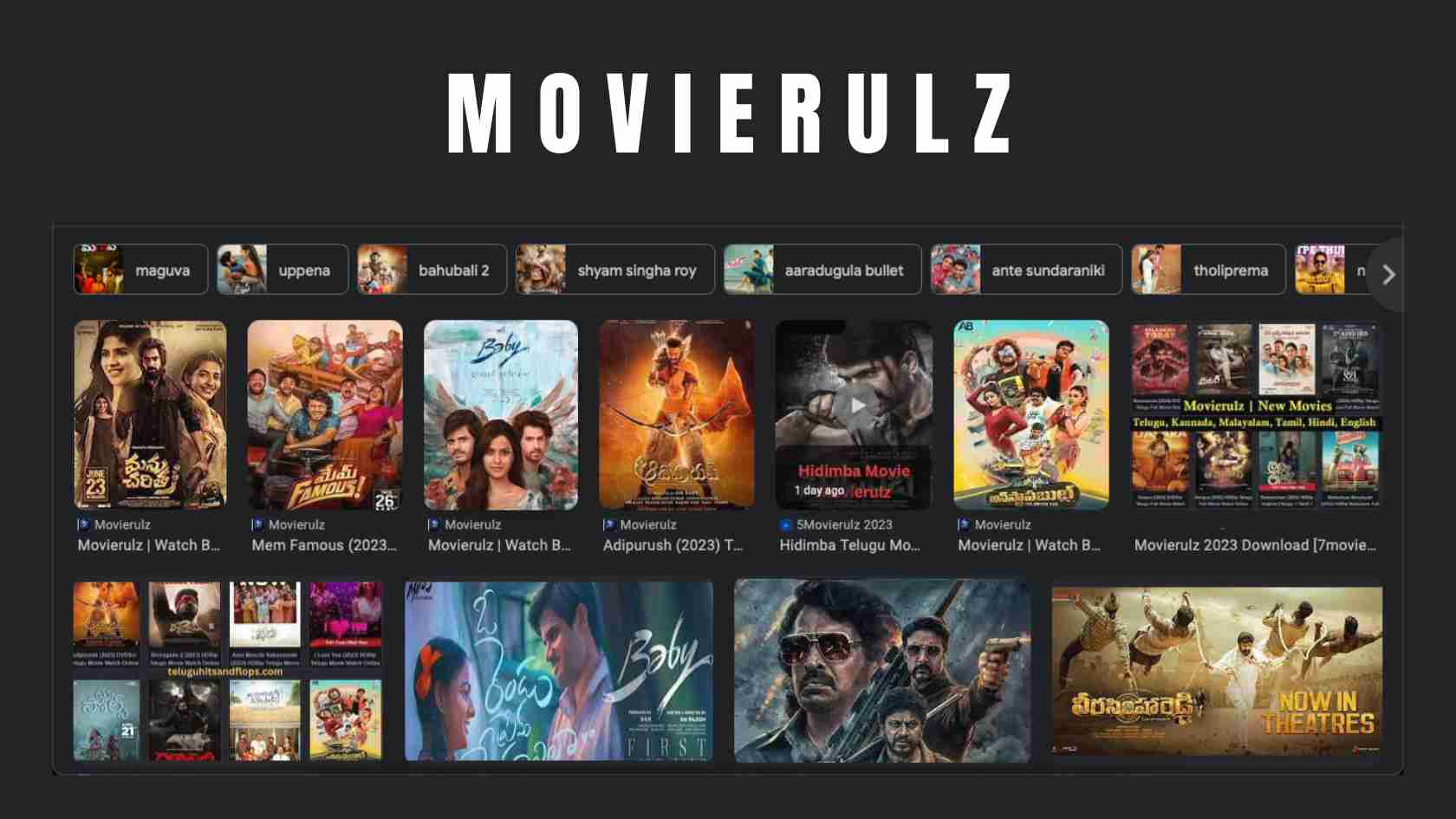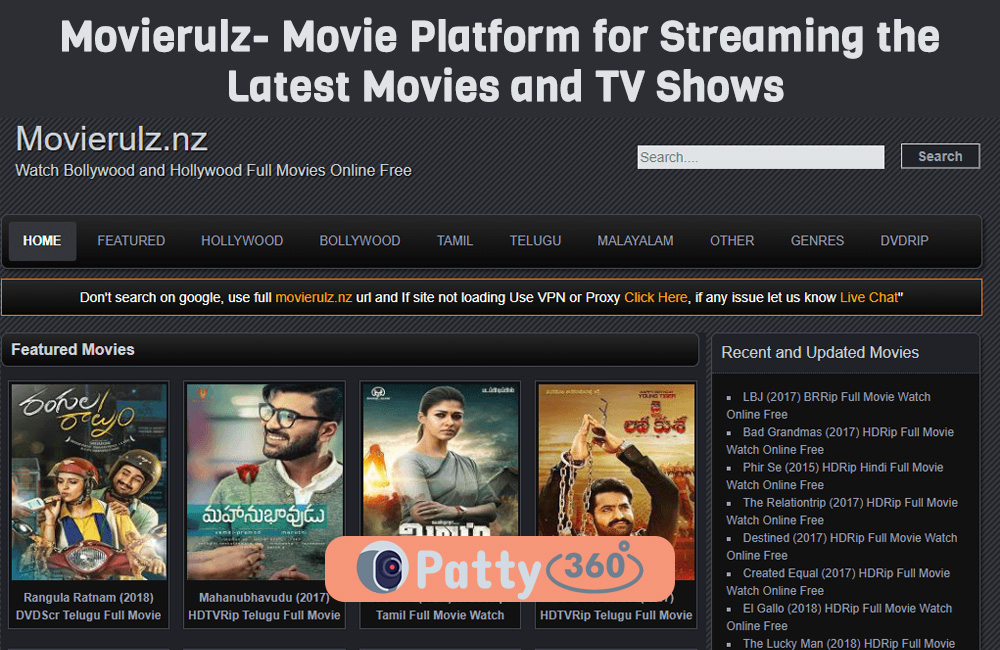Is the allure of instant access to the latest cinematic releases, regardless of geographical boundaries or subscription fees, truly worth the potential cost? The proliferation of websites offering free downloads of newly released movies, a practice often shrouded in legal grey areas, poses a significant challenge to the established film industry and the very foundations of content creation.
The digital age has undeniably revolutionized how we consume entertainment. Streaming services offer unprecedented access to vast libraries of content, but they also come with subscription fees and regional restrictions. This has, in turn, fueled the rise of platforms like the ones mentioned in the user's query, which claim to provide access to movies without these limitations. The draw is undeniable: the convenience of watching a new Telugu film released in 2025 on your mobile device, or catching the latest Hollywood blockbuster without paying a dime. Yet, this convenience comes at a price, one that extends far beyond the legal ramifications.
The websites under scrutiny, often operating under names like "3movierulz" or simply "Movierulz," thrive on a model that exploits the vulnerabilities of copyright laws. These sites are essentially torrent websites, gaining notoriety for leaking newly released movies and making them available for free download. This process, while providing immediate gratification to the user, directly undermines the financial viability of the film industry. The creators of these movies, from the actors and directors to the entire crew, invest significant resources, both financial and creative, in their projects. Piracy robs them of their deserved compensation, hindering future film production and impacting the livelihoods of countless individuals.
These platforms cast a wide net, offering content in a multitude of languages to cater to a diverse audience. Films in Hindi, English, Tamil, Telugu, Kannada, Marathi, Punjabi, and more, are often available, broadening their reach and, consequently, the scope of their detrimental impact. For those who prefer to watch films in their native language, the appeal is even stronger. It is this tailored accessibility that makes these platforms such a seductive alternative to legitimate channels.
The legality of downloading movies from such sites is not ambiguous. It's a direct violation of copyright law. The consequences can range from warnings to hefty fines, depending on the jurisdiction and the severity of the offense. Beyond the legal implications, there are significant security risks. These websites often host malicious software, including viruses and malware, that can compromise a user's device and steal personal data. The pursuit of free entertainment can easily lead to exposure to these threats, putting sensitive information at risk.
The original query also mentions ZEE5, a legitimate streaming platform that offers a wide array of Telugu movies and other content. ZEE5, in contrast to piracy websites, operates within the legal framework. It provides a safe, secure, and high-quality viewing experience. By subscribing to a platform like ZEE5, users are supporting the film industry and contributing to the creation of future content. They gain access to a curated library of films, often in high definition, and the convenience of watching them on a variety of devices, anytime and anywhere.
The news and updates related to websites that facilitate movie piracy, like the one mentioned in the query, are often found on meta sites that track these platforms. This information, however, is often unreliable and may be incomplete, as the websites themselves are constantly changing and evolving to evade detection and censorship. The landscape of online movie consumption is constantly shifting, making it difficult to track down and analyze the latest trends.
Ultimately, the decision to use platforms that offer pirated content is a personal one. However, it is a decision that carries ethical, legal, and security implications. It is a decision that can have a lasting impact on the film industry and the future of content creation. The potential consequences of downloading movies from illegal sources should be carefully considered before giving in to the temptation of free entertainment.
Here's a table outlining some of the key differences between legitimate streaming services and piracy websites:
| Feature | Legitimate Streaming Services (e.g., ZEE5) | Piracy Websites (e.g., Movierulz, 3movierulz) |
|---|---|---|
| Legality | Legal | Illegal |
| Content Source | Licensed Content | Copyright Infringement |
| Cost | Subscription Fees | Free (but often with hidden costs like malware) |
| Security | Secure (no risk of malware) | High Risk (exposure to viruses, malware, etc.) |
| Content Quality | High Definition, Reliable Streaming | Variable, Often Low Quality, Unreliable Streaming |
| Impact on Industry | Supports Film Creators and Industry | Undermines Film Creators and Industry |
| User Experience | User-friendly, Organized Library | Often Poor User Interface, Pop-up Ads |
In summary, the convenience of accessing free movies through piracy websites comes at a significant cost. The decision to engage with such platforms should be weighed against the legal risks, security threats, and ethical considerations. Supporting legitimate streaming services is the best way to enjoy movies, support the industry, and stay safe online.
The entertainment landscape is evolving. In 2025, when new Telugu films are released, the choice of how to watch those films will still be there. Will it be a legal platform? Or will it be the risk of a piracy website? Make the right choice.


